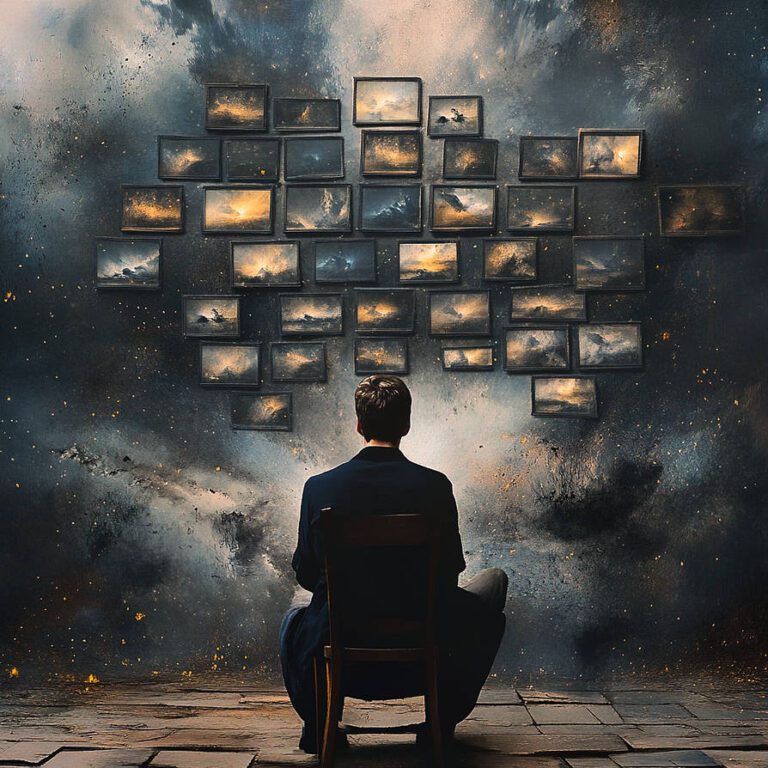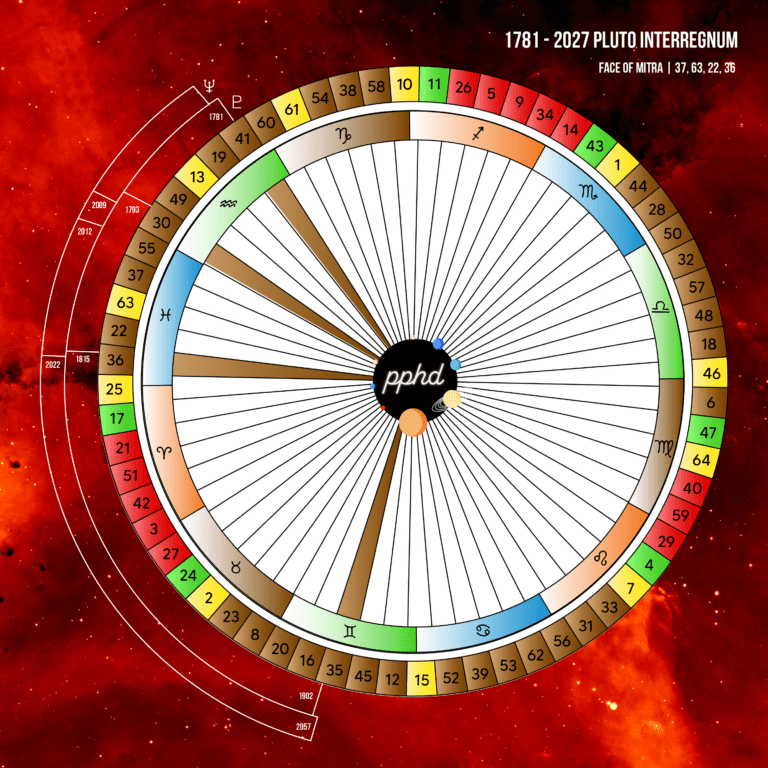AI and the Collective Mind
|
☉ 61.4 |
☉ 42.2 Sun Exalted |
|
⊕ 62.4 |
⊕ 32.2 |
|
☽ 56.3 |
☽ 48.3 Moon Exalted |
AI Doesn’t Lie—It Mirrors Us
We’re in the thick of a revolution that’s changing how we create, think, communicate, and solve problems. Artificial Intelligence (AI) is no longer some distant sci-fi fantasy – it’s here, it’s loud, and it’s moving fast. And while it holds incredible potential, it also comes with serious limitations—not because it’s malicious, but because it reflects what we’ve already put into it.
AI doesn’t possess intuition, discernment, or inner authority. It doesn’t know truth from illusion unless we do, because we provide the input that is it’s output. AI pulls from an enormous archive of human-created content—articles, books, tweets, websites, etc, and a lot of that content is biased, misinformed, or outright false. Humans lie to themselves and each other. We follow trends, echo what we’ve heard, and share information before we’ve fully verified it. So when AI responds, it’s not dropping divine wisdom. It’s reflecting the collective consciousness—from gold to garbage.
Some Real-Life Examples
My husband and I run an auto-detailing business and we asked Chat GPT if we should offer a maintenance plan. Instantly, we received a confident list of all the reasons it was a brilliant move— including customer retention, increased revenue, and long-term value. But it didn’t include any of the drawbacks that we’ve learned through lived experience.
AI isn’t evaluating our unique context—it’s drawing from the loudest voices online, and a lot of those voices are selling courses vs. living the work. They’re hyping strategies that may (or may not) have worked for them, which means the strategies might look great on paper while falling flat in practice.
That’s the trap. AI doesn’t discriminate, it reflects the most common narrative instead of the most aligned one. If the internet is full of pipe dreams, AI will echo pipe dreams. If the dominant voices are selling shortcuts, AI will offer you shortcuts. It’s not lying—it’s just amplifying it’s only source.
Another lived experience: a few years ago I attempted to create an HD community website with the help of a team. I was consistent, accountable, and delivered results. But my team had shiny object syndrome, pushing AI tools, new apps, and the latest platforms—they had become obsessed with chasing the next big thing.
Deadlines came and went, communication crumbled, the project unraveled, and I eventually walked away because I couldn’t continue to try to steer a ship that no one had boarded in the first place.
AI didn’t cause the problem, it just magnified it. It amplified mental inspiration and fueled an illusion that the right technology could fix a lack of clarity, presence, or leadership. But if your head’s on a swivel, AI will just spin it faster. If you’re unclear, AI will bury you in more options instead of helping you simplify.
Still, AI isn’t all bad – my mind adds annoying nuances; thinking it might be an ally for heart centers who wrestle with worth, willpower, and follow-through. AI can reflect structure, encouragement, and possibility – helping someone see that they can respond to life by starting a business, filling out their taxes, or taking the next step. Not because it knows their truth—but because it can help them see their circumstances more clearly. When used intentionally, AI can support people in rewriting old stories about what their circumstances mean and what they’re capable of.
Grounded Leadership in the Age of AI
So what is the real bottom line? No amount of AI, automation, or optimization can replace alignment. Tools don’t make leaders. Things like presence, follow-through, empathy, clarity of intent, and discernment do. And today they are non-negotiable because AI will never stop reflecting its creator.
If we’re confused, it will echo confusion. If we’re aligned, it will reflect alignment in our true ability to respond to it vs. be controlled by it.
The real danger isn’t AI becoming conscious. It’s us becoming more unconscious. It’s the temptation to outsource our authority to something that can’t feel the terrain we’re walking. It may be able to help you solve problems, or deal with the 2025 detail collapses, but it will never be able to tell you what matters for you. It can offer a map, but it can’t walk your path.
It can tell you what has been said collectively, but it can’t show you your correct decisions.
If you don’t trust yourself, you’ll make the machine (the collective mind) your authority. And that’s where things go sideways.
Use AI. Learn it. Play with it. Let it show you the possibilities. But don’t let it replace your direct connection to life, and don’t confuse feedback with truth. You are still the one who watches your body decide. You are still the one who can honor true authority.
AI might be powerful, but your awareness is still the most potent force on this planet.








